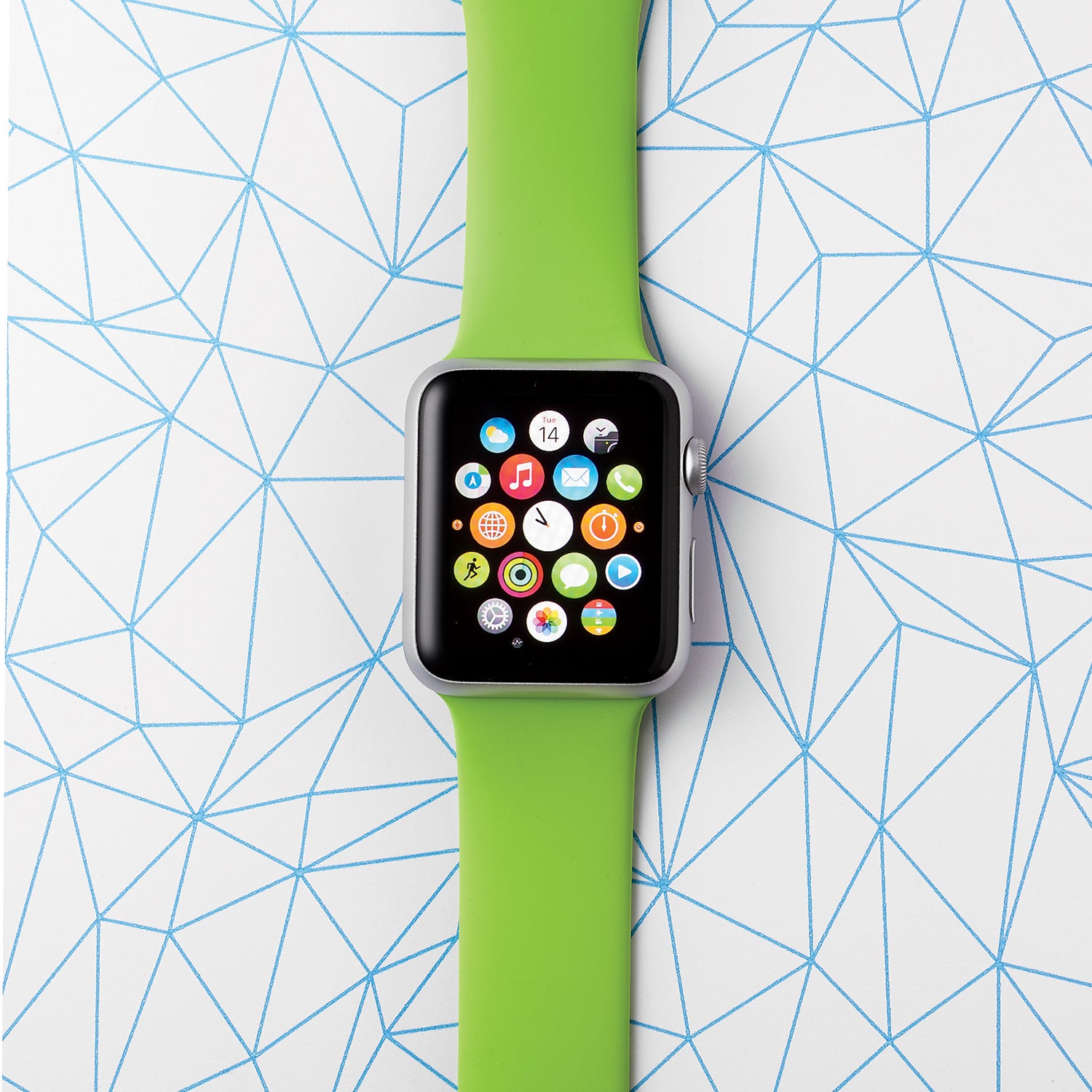The key to hitting peak performance? As in life, so in fitness: know thyself. Play hard and study your stats with these four fitness trackers.
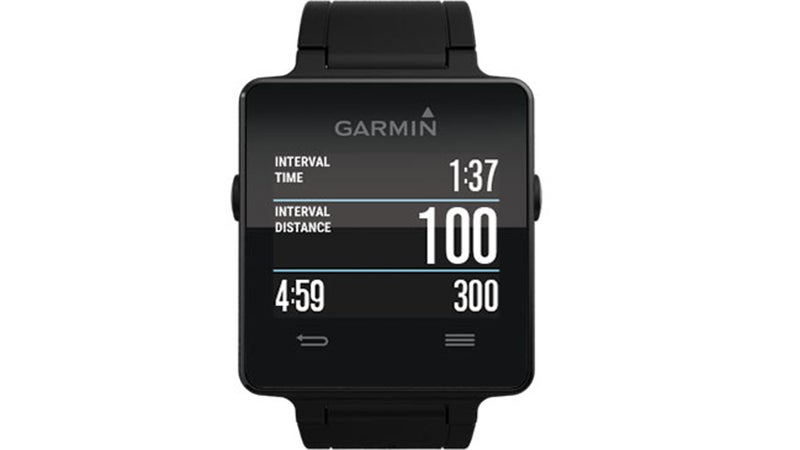
Garmin Vivoactive
Best For: Ditching Your Phone
This slim, attractive unit has sport-specific functions for activity tracking and an onboard GPS to measure distance and elevation. It works with both Bluetooth and ANT+ devices—like a heart-rate monitor ($50) or cadence sensor—and (swimmers, take note) is water-resistant down to 164 feet. The Garmin Connect Mobile app archives your data and can sync with various health platforms, including Garmin Connect and Apple Health.
Price $250
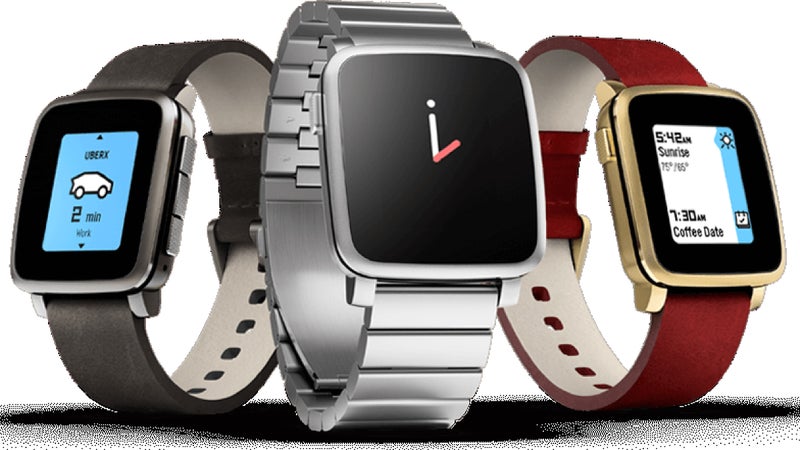
Pebble Time
Best For: Playing Nice with Everything
Meet the best Pebble yet. The Time is 20 percent thinner than the original, can go swimming, lasts seven days between charges, and works with every fitness app we’ve ever used. Like the Apple Watch, it comes with an accelerometer (but no heart-rate monitor) to gather data like speed and calories burned. Our main complaint: it has only 64 kilobytes of memory, which translates to fewer onboard features.
Price $199
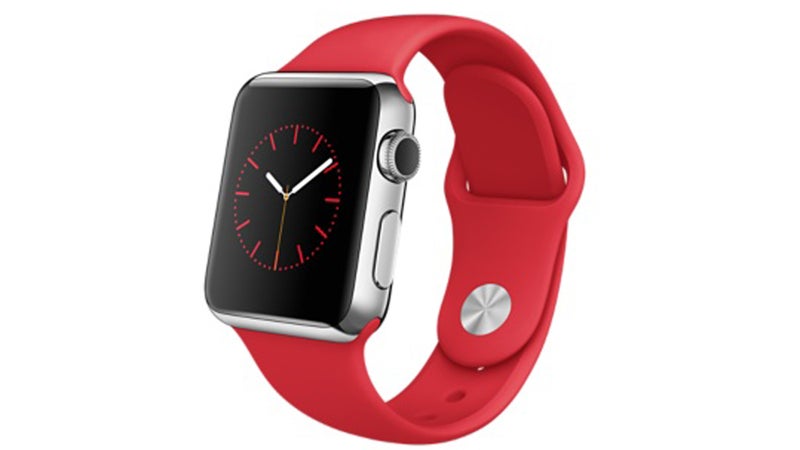
Apple Watch
Best For: Wearing All Day, Every Day
This is the only wearable we actually want to put on each morning. It’s comfortable, looks great, and nails tracking basics with an accelerometer and a built-in heart-rate monitor that measures your pulse at your wrist. During training it gives heart rate and calories burned and, after a couple of runs with your iPhone, learns how to calculate pace and distance. (The Watch doesn’t have a GPS.) When you’re at work, a gentle buzz reminds you to stand if you’ve been idle too long. Note: it needs an iPhone to run third-party fitness apps.
Price $349
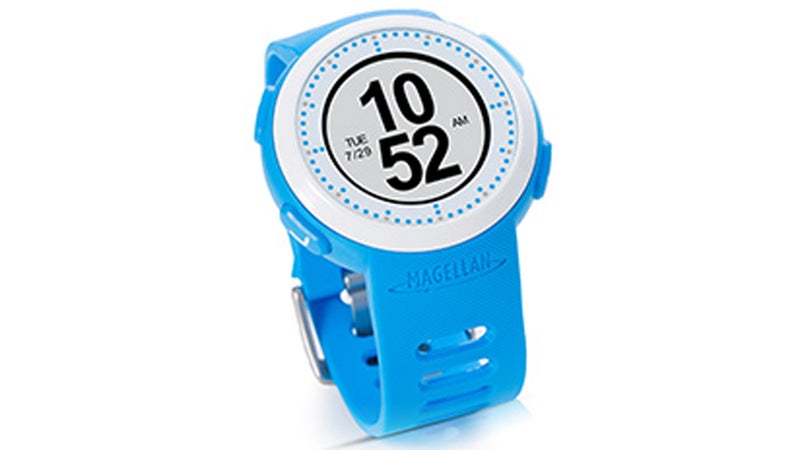
Magellan Echo Fit
Best For: Multisport Athletes
Lightweight and inexpensive, the playful Echo Fit essentially acts as a wrist-based shell for 14 popular fitness apps, including MapMyRun, RunKeeper, Strava, and Wahoo Fitness. Paired with a smartphone, the watch displays metrics like speed, distance, calories burned, and heart rate. It tracks sleep patterns, too, and unlike the Apple and the Pebble, it takes a standard coin-cell battery, so it doesn’t need constant recharging. Downsides: there’s no GPS, and a heart-rate monitor isn’t included (though you can get a chest strap for an extra $50).
Price $130


